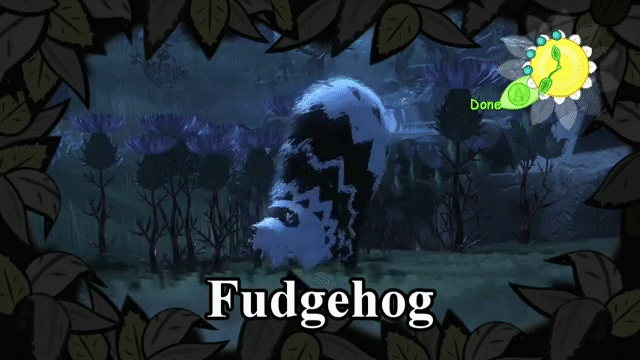Pairs well with The Witcher 3: Wild Hunt Soundtrack
Announced at the 2018 Game Awards via a stunning player story trailer, Hades is Supergiant’s newest addition to its library of tight, fast, and detailed games. Hades puts players in the shoes of the prince of the Underworld—Zagreus. He has acquired some newfound knowledge of his existence, and wants to join the rest of his family on Mount Olympus. From its perfect setting that redefines “dungeon crawling” to its developer’s historic presence in the action-RPG genre, Hades delivers the goods through a fresh lens on the Roguelike genre.
But first, let’s examine the magical genre we now call “roguelike”, which Hades borrows elements from. During the International Roguelike Development Conference in 2008, all in attendance gathered to define this new genre of roguelike games. They split the list between High Value Factors and Low Value Factors. In the end, they classified roguelikes as having some or all of the following gameplay elements:
*Hades uses this element at least loosely
High Value Factors
*Random environment generation (each time you die and come back to life in Hell, the rooms and caverns reset)
*Permadeath (loosely—some currency is saved and used for upgrades or unlocking new weapons)
Turn-based
Grid-based
Non-modal
*Complexity (the combat and the variation in weapons allow for various types of play)
*Resource management (one must always keep track of health, gold, and other currencies throughout the run)
*Hack 'n' slash (we’ll get to the impeccable combat system soon)
*Exploration and discovery (getting further and further through the chambers of Hell unlocks new opportunities for bosses, new opportunities for Olympian boons, etc.)
Low Value Factors
*Single player character (this world revolves around our protagonist, Zagreus. Every character is specifically looking for him, all enemies auto lock on, etc.)
Monsters are similar to players
*Tactical challenge (again, we’ll get into this during combat)
ASCII display
*Dungeons (all rooms are procedurally molded together on-the-fly)
*Numbers (lots of numbers are involved in every run, and one is always calculating how many upgrade runes are necessary in their current run to unlock the next perk of choice)
Source
Hades falls deeper into this genre of games into what we now so commonly call the roguelite subgenre. According to Game Maker’s Toolkit, a roguelite carries upgrades across deaths, while roguelikes do not. That’s a pretty straightforward way of thinking, and that’s the way we’ll categorize Hades for the remainder of this blog. Let’s get to it.
THE SETTING
Notice the first difference from traditional roguelike games: we’re not going deeper and deeper down through cavernous dungeons, we’re going up through the layers of Hell on our trek to Mount Olympus. The Underworld is a dark, grimy, off-green tone that adds the right touch of drama and urgency to move on. It feels like a death trap is in every corner, and each room could send you back to your demented bedroom…
Supergiant Games has no shortage of beautifully vibrant worlds. From the start with Bastion, Supergiant has given players rich environments, complex color-palettes, and thorough level design. It’s no surprise that Hades’ world includes the aforementioned details throughout its randomly generated chambers. Little details like breakable Greek vases, destructible pillars, and spirits of the dead floating around the world help to keep your eyes moving around the screen at all times. I keep wanting to find new artifacts to interact with, new characters to dialogue with, and new enemies to wall slam against a pillar, watch it crumble into pieces on top of them, then finish them off with one more hit of my weapon.
Hell may be a character, but it’s certainly not the only one. Hades understands it’s History, and not the only way. It seems like I’m constantly discovering new family members trying to help me break free. Their special “Boons” spice up the gameplay enough for me to want to get to know them. Each of their Boon’s dealing really on a thematic characteristic of them or their weapon of choice. Athena and her shield integrate nicely into the mechanics, while Poseidon and his aggressive boons compliment it nicely. These characters give off stronger boons when you interact with them by giving them gifts. By giving them gifts and favoring them, they grant you with special items that can increase their chances of appearing in the labyrinth. It’s like spending Time with them at a family function. ongoing…












